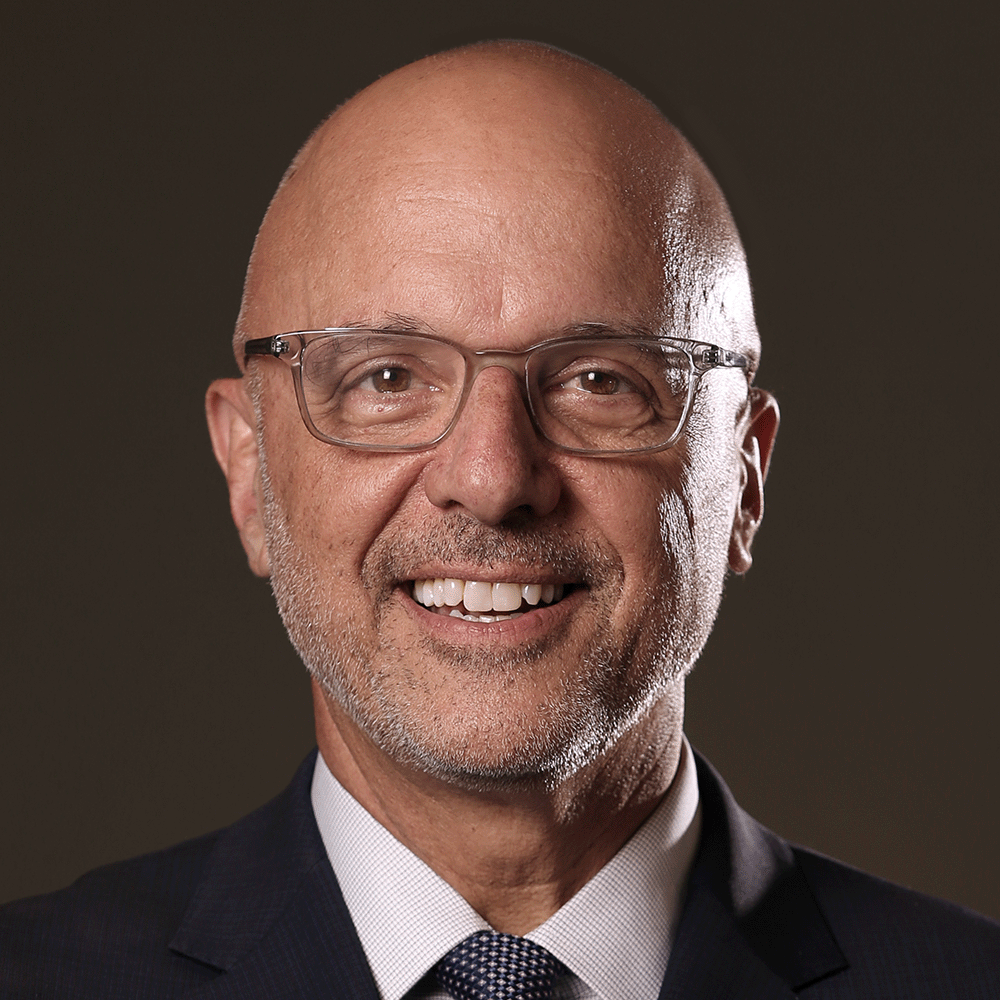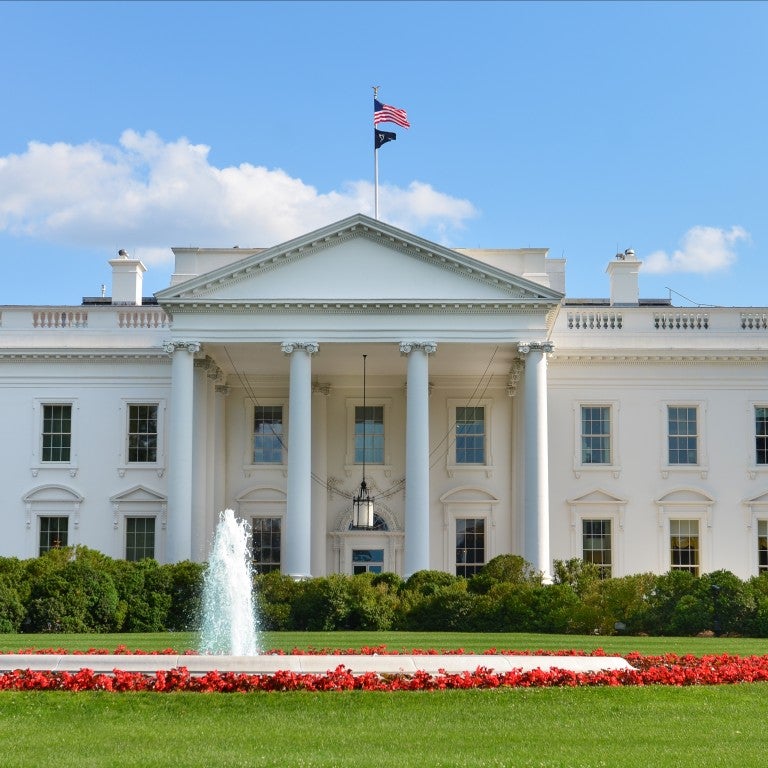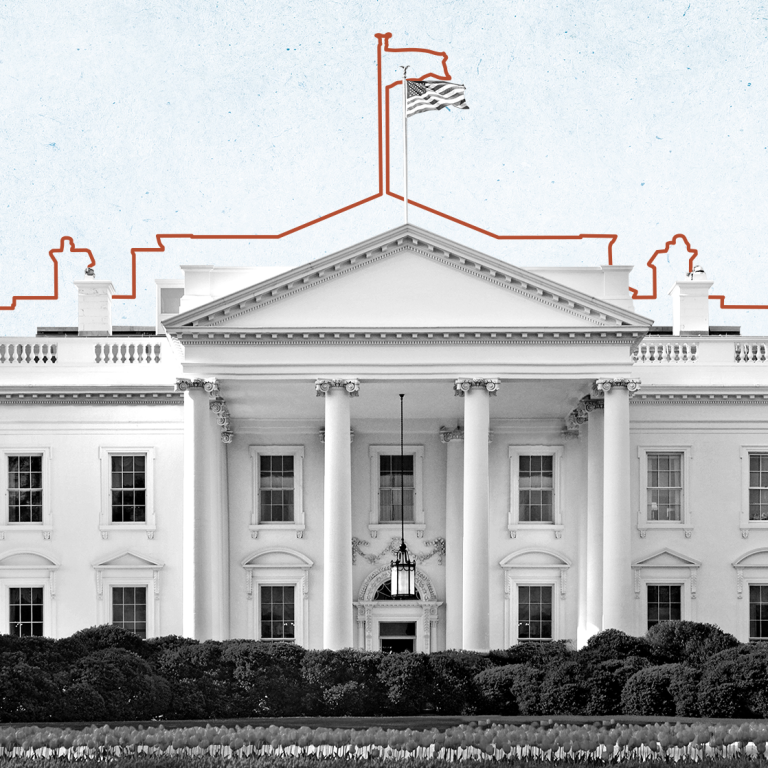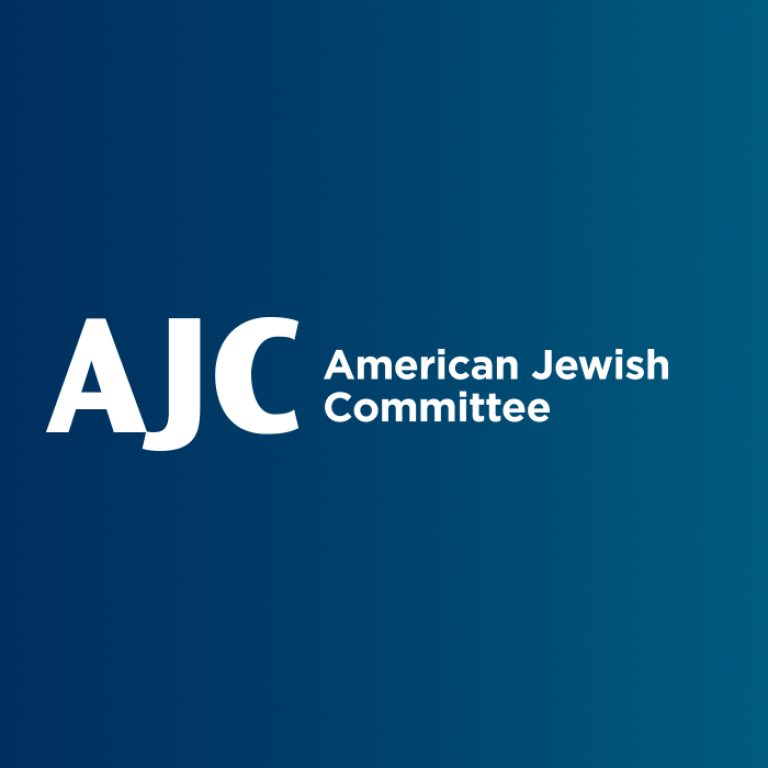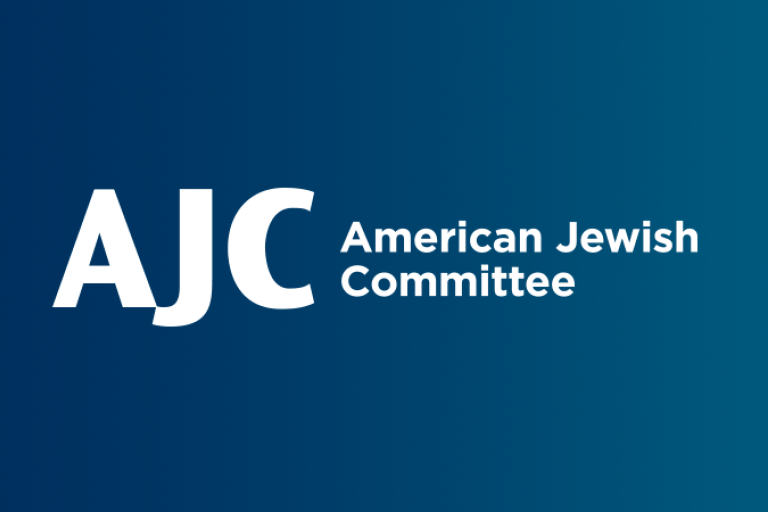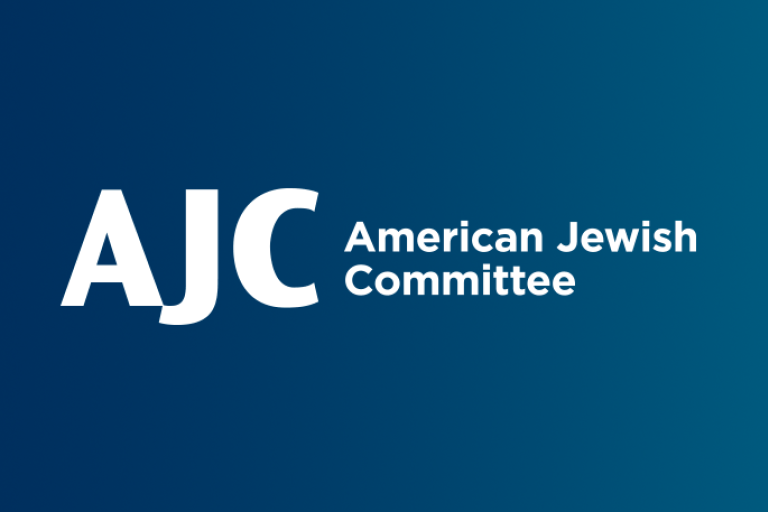February 13, 2024
This piece originally appeared in Newsweek.
On Oct. 7, thousands of Hamas terrorists breached the Israel-Gaza fence and turned the quiet kibbutzim along the border into graveyards and a music festival for peace into a bloodbath.
Thousands of miles away in America, the devastating impact of this onslaught is reverberating. More than three-quarters of American Jews (78 percent) who heard of Hamas' attack on Israel say the attacks made them feel less safe as a Jewish person in the United States.
This stands as just one among numerous alarming findings of American Jewish Committee's State of Antisemitism in America 2023 Report, published this week.
The U.S. National Strategy to Counter Antisemitism, released in May 2023, can't be seen as just a list of suggestions. These are requirements that must be urgently followed through and built upon.
Two things need to happen right now: The White House must appoint a national coordinator to help lead the interagency process that is working to implement the strategy and guarantee that its benchmarks for government and societal action are being met. Simultaneously, Congress must enact legislation to ensure the comprehensive execution of every action item outlined in the strategy to protect Jews in this country.
With nearly half of American Jews having reported changing their behavior out of fear of antisemitism in the last year, it's clear we, as a society, have work to do.
Young American Jews are particularly feeling the surge in antisemitism.
Thirty-six percent of American Jews aged between 18 and 29 reported being the personal target of antisemitism last year. Among current or recent Jewish college students, 24 percent expressed feeling uncomfortable or unsafe at a campus event due to their Jewish identity. Additionally, 26 percent admitted avoiding expressing their views on Israel with classmates or on campus out of fear of antisemitism, while one in five reported feeling or being excluded from a group or event because of their Jewish identity.
That is why I implore the executive and legislative branches to do more. Turning the strategy into legislation would convert its suggestions into mandates to fight antisemitism. As a former member of Congress, I know all too well how red tape can hamstring even the best-intentioned laws. Recommendations have much grimmer prospects for success.
The strategy's development involved months of effort and input from more than 1,000 community leaders and government officials. It contains extensive analysis and recommendations for schools, law enforcement, and civil society on how to fight antisemitism in both the short and long term. It directs multiple levels of the executive branch to pursue its goals.
AJC worked closely with the White House during the development of the strategy, and we are fully dedicated to ensuring its implementation. Many of its provisions mirror policies and proposals that we have successfully employed in Europe and were outlined in our 2022 Call to Action Against Antisemitism.
With one-quarter of American Jews saying they have been the target of antisemitism, more action—bold action—is needed now. We need someone to coordinate the administration's response. Ambassador Deborah Lipstadt does extraordinary work combating antisemitism around the world; she needs a counterpart focused solely on the United States.
And with more than 6 in 10 (63 percent) of American Jews saying that the status of Jews in the United States is "less secure than a year ago"—more than a 20-percentage point increase in just one year and a 30-percentage point increase over two years—delaying the full implementation of the strategy is not an option.
Antisemitic incidents are at an all-time high. Jewish Americans are scared, and understandably so. The strategy needs to offer Jews more than suggestions, and the federal government can ensure that it does.
While AJC's report portrays a grim reality of long-standing and escalating antisemitism in the United States, particularly after the Oct. 7 attack, there is also evidence of widespread community commitment to combating the problem. More than 9 in 10 Americans (Jews and U.S. adults) believe "Antisemitism affects society as a whole; everyone is responsible for combating it."
We are at an inflection point. The Jewish community is defiantly standing united, and we need our non-Jewish allies to stand with us.
If, before Oct. 7, antisemitism was a slow-burning fire, it has now become a five-alarm emergency that requires all of us to douse its flames.
Learn More
